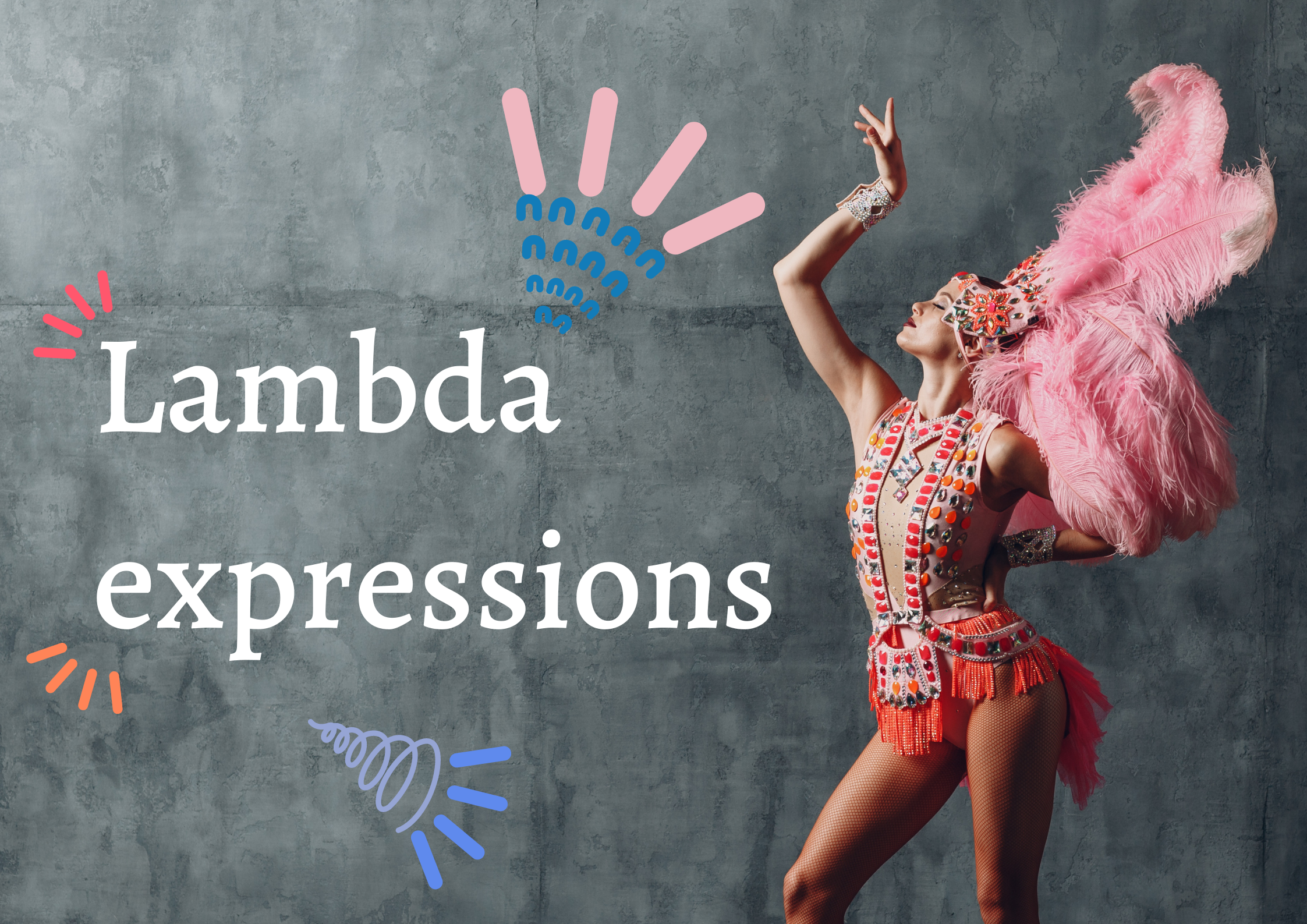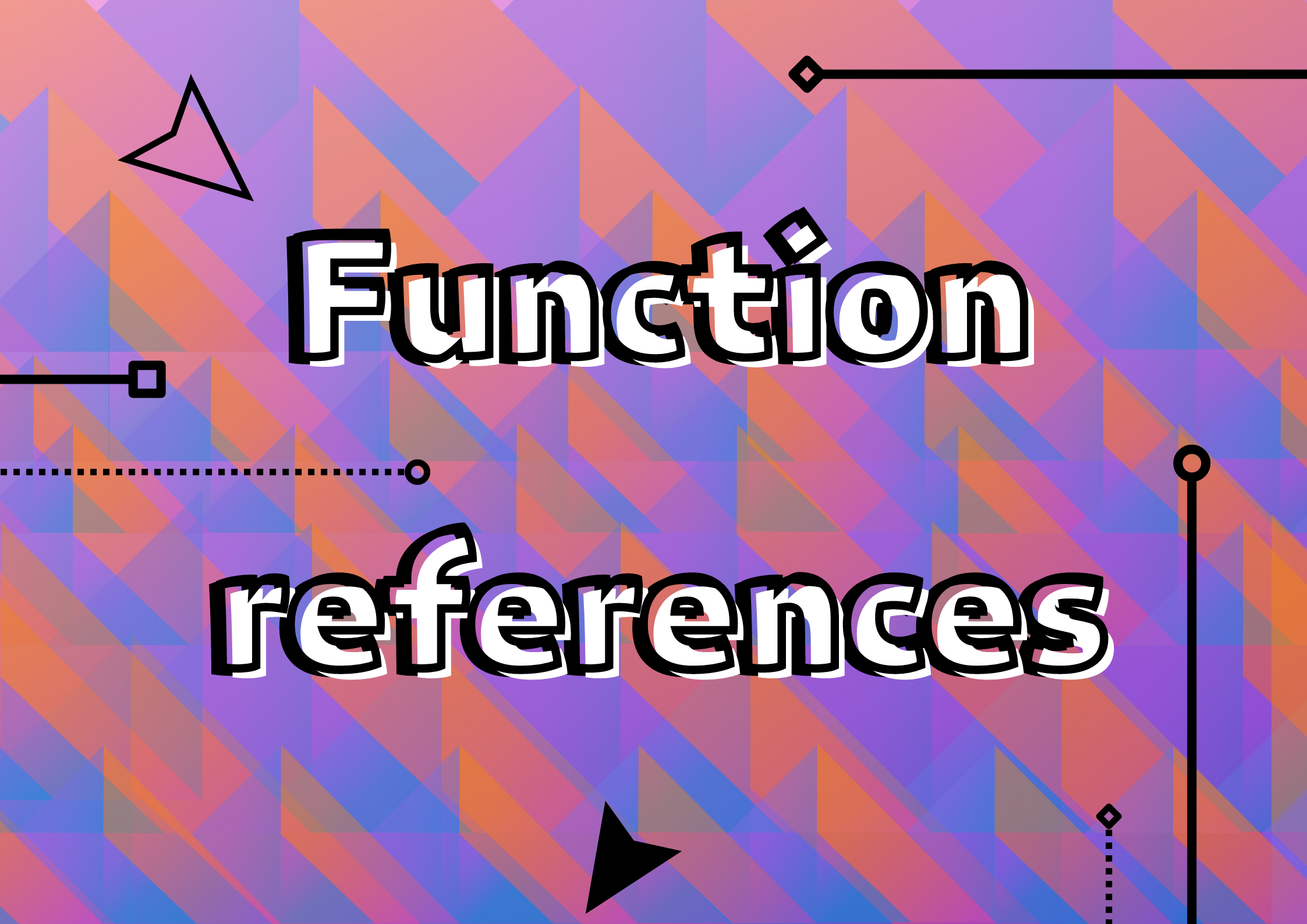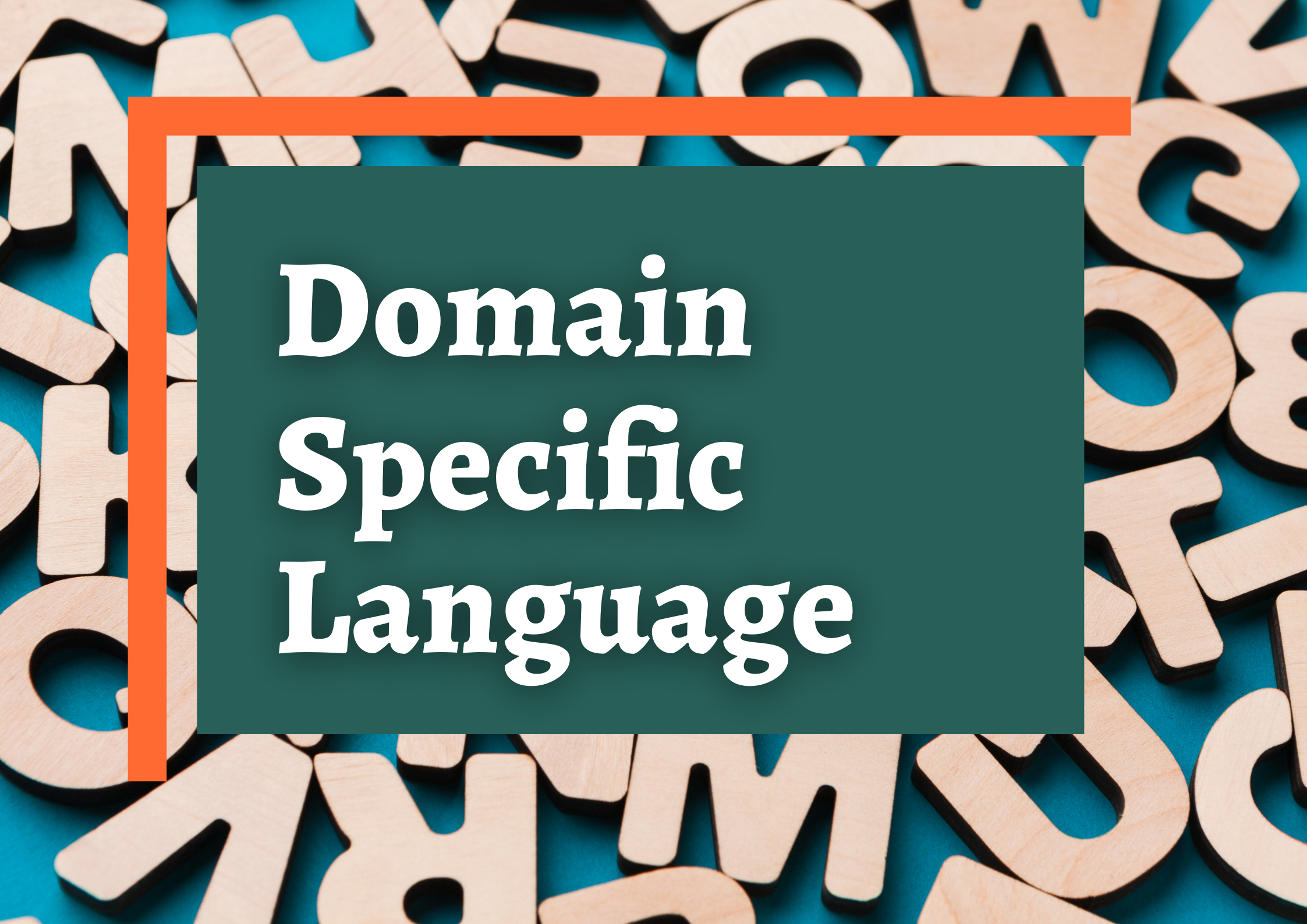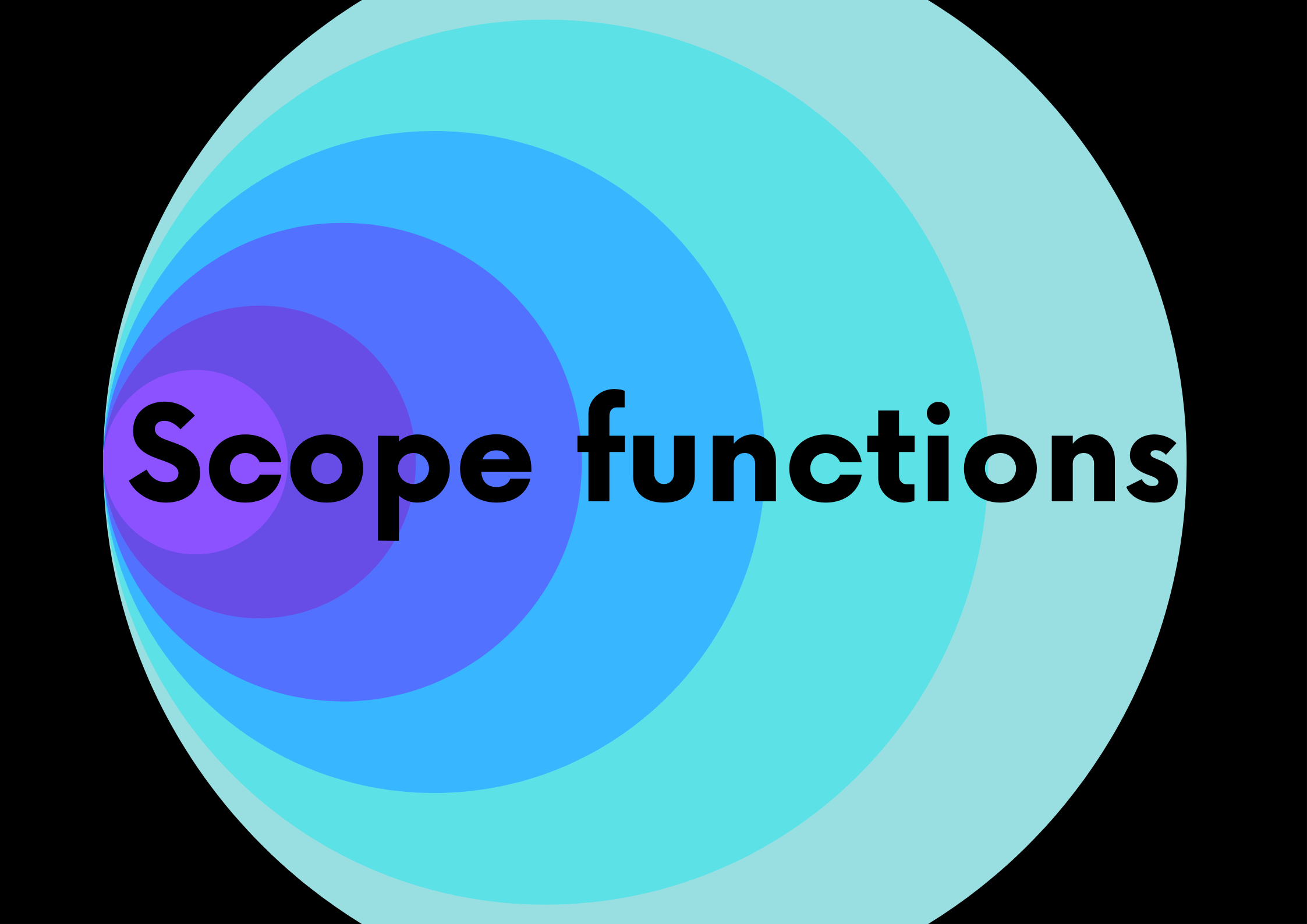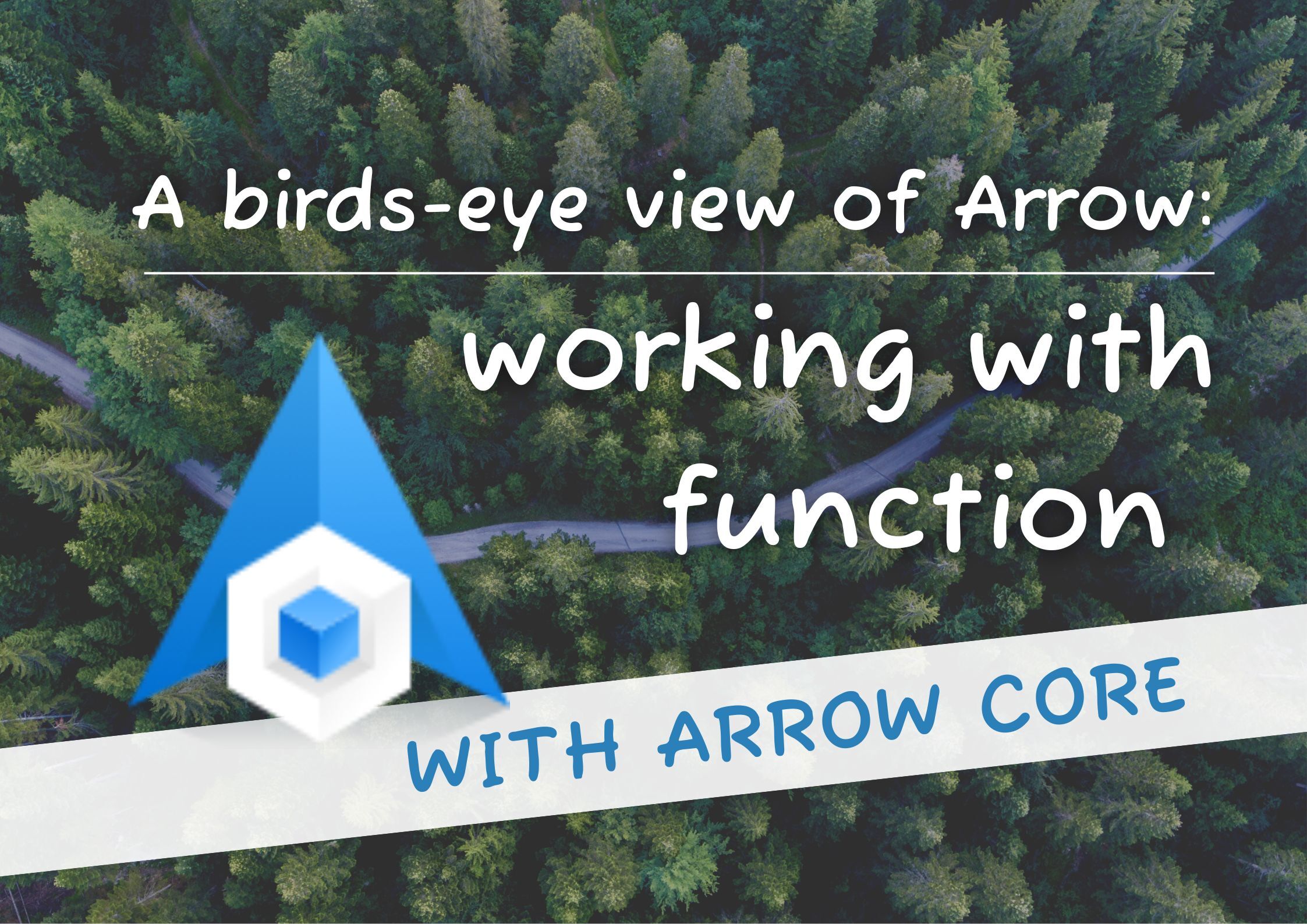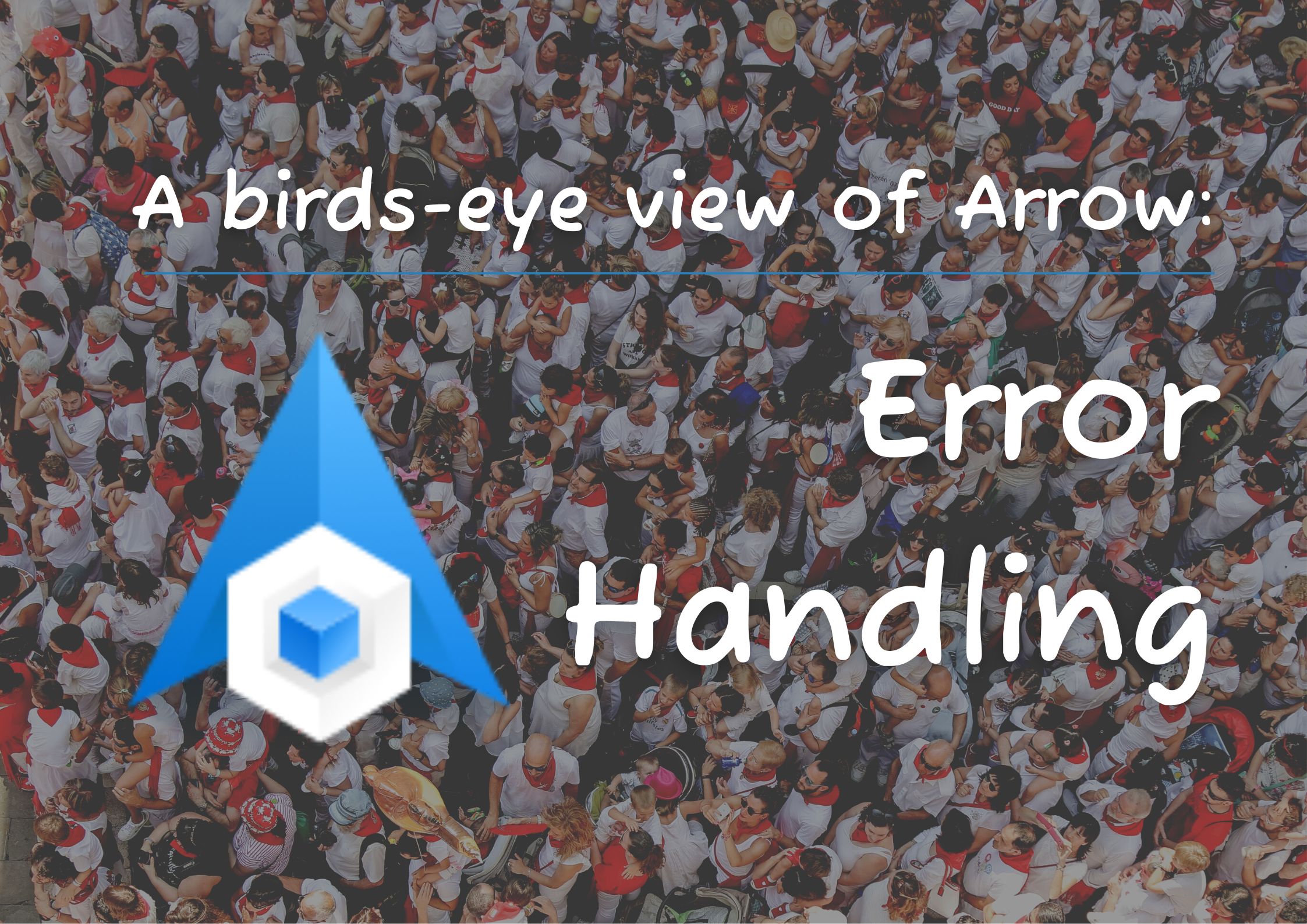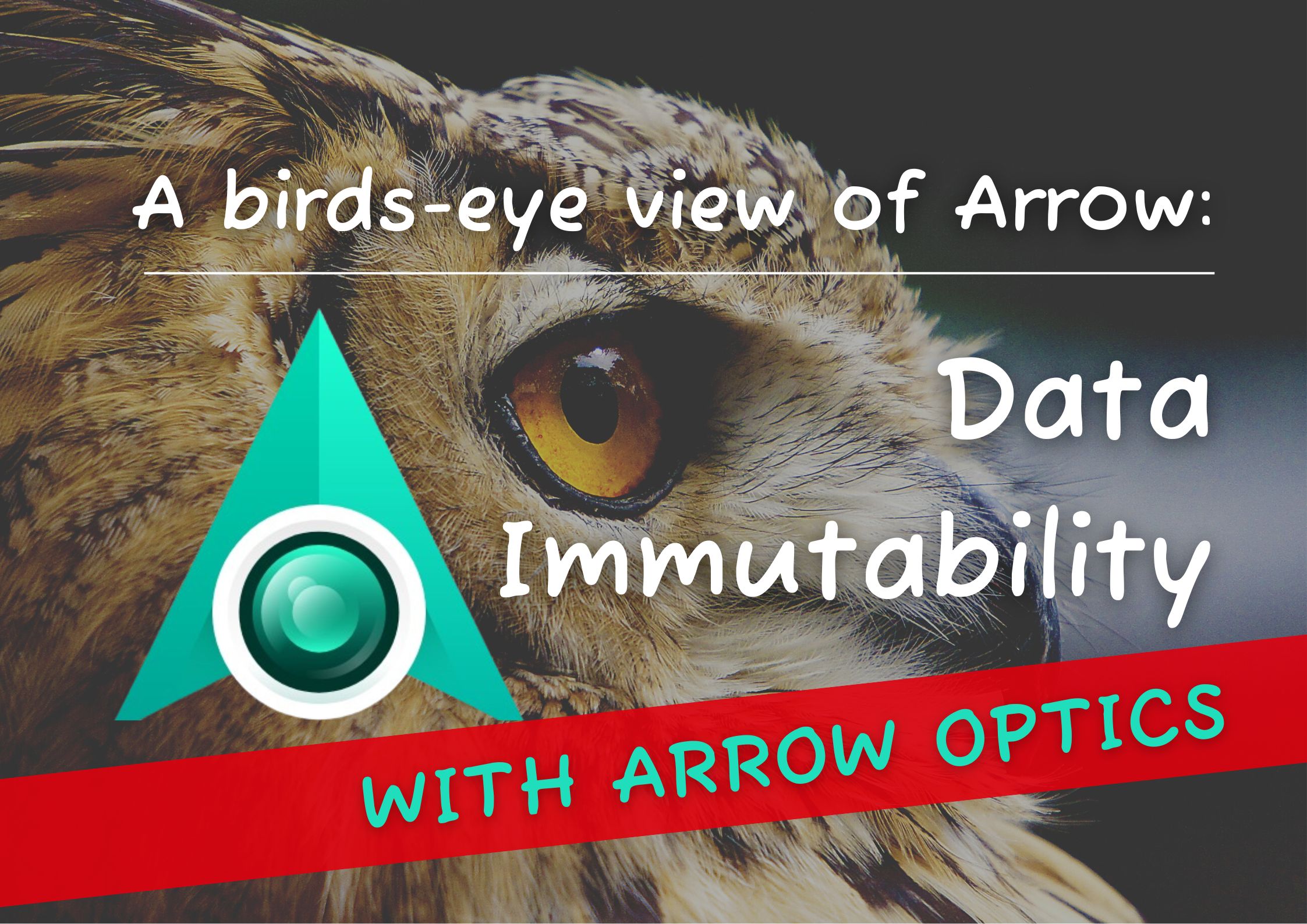This book is about Kotlin’s functional programming features. It covers the essentials first and then builds on them. It presents important and practical topics like collection processing, function references, scope functions, DSL usage and creation, and context receivers.

Introduction
Kotlin is a powerful language that has already revolutionized Android and backend development, but it also has powerful support for functional programming. Its amazing features, like functional collection processing, DSL builders, scope functions, or context receivers, help developers achieve intuitive and expressive functional syntax. Additionally, Kotlin’s extensibility allows libraries like Arrow to promote an even more functional style, all while keeping proper type safety, stability, and performance. Thanks to all this, Kotlin has become the promised land for many developers who are passionate about functional programming in real-life applications.
Who this book is for
This book is perfect for developers who know the basics of Kotlin and want to learn more advanced features. Math knowledge is NOT required to understand and benefit from this book. It is a natural continuation of Kotlin for Developers: Essentials.
What is covered
This book focuses on Kotlin’s functional features, including:
- function types,
- anonymous functions,
- lambda expressions,
- function references,
- functional interfaces,
- collection processing functions,
- sequences,
- DSL usage and creation,
- scope functions,
- the essentials of the Arrow library.
Marcin Moskała
Marcin Moskala is a highly experienced developer and Kotlin instructor as the founder of Kt. Academy, an official JetBrains partner specializing in Kotlin training, Google Developers Expert, known for his significant contributions to the Kotlin community. Moskala is the author of several widely recognized books, including "Effective Kotlin," "Kotlin Coroutines," "Functional Kotlin," "Advanced Kotlin," "Kotlin Essentials," and "Android Development with Kotlin."
Beyond his literary achievements, Moskala is the author of the largest Medium publication dedicated to Kotlin. As a respected speaker, he has been invited to share his insights at numerous programming conferences, including events such as Droidcon and the prestigious Kotlin Conf, the premier conference dedicated to the Kotlin programming language.
